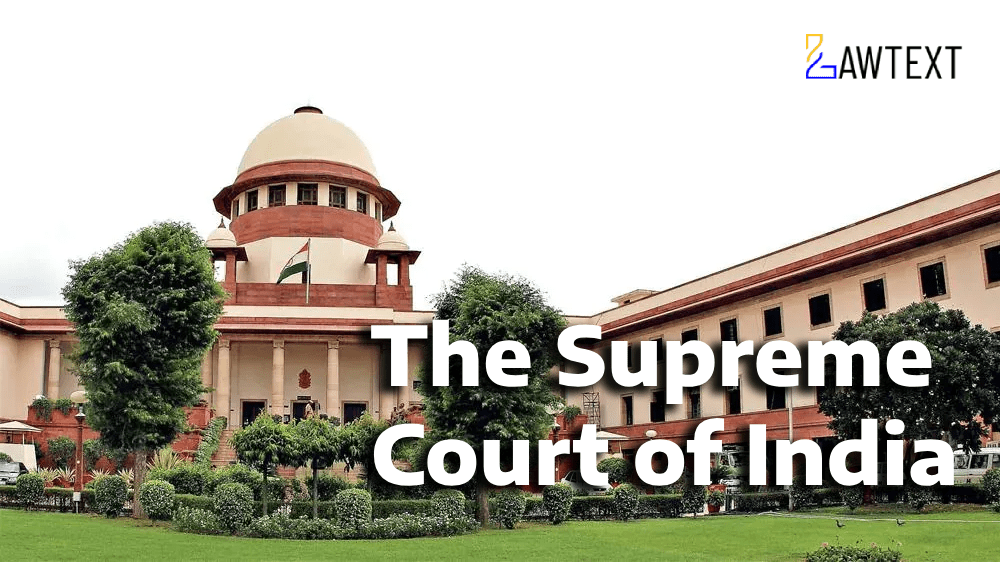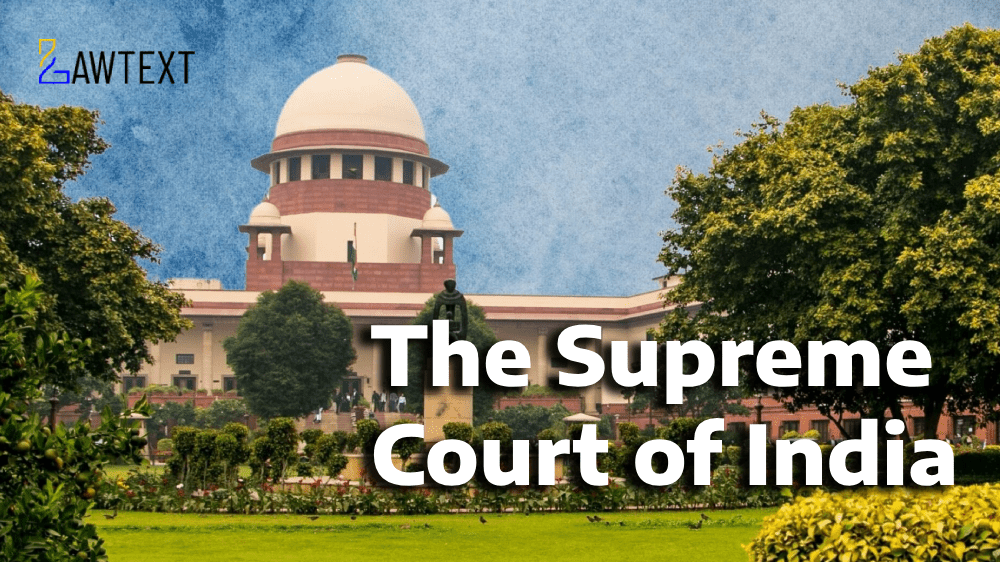Case Note & Summary
The appellant was convicted of murder under Section 302 of the Indian Penal Code (IPC) and sentenced to life imprisonment. The High Court upheld this conviction. The appellant raised a plea of juvenility, which was dismissed by the Trial Court. The prosecution's case relied on eyewitness testimony, an extrajudicial confession, and a dying declaration. However, inconsistencies and lack of corroboration led the Supreme Court to question the reliability of the evidence. The appeal was allowed, the conviction and sentence were set aside, and the appellant was acquitted.
Conviction and Appeal Conviction and Sentence: The appellant was convicted under Section 302 IPC by the Sessions Court, with the High Court confirming the conviction and sentencing the appellant to life imprisonment. Factual Aspect Plea of Juvenility: The appellant raised a plea of juvenility, which was investigated by the Trial Court and dismissed. The incident occurred on 6th September 2004, involving a dispute over playing music that led to the altercation and subsequent death of the deceased, Mohmed Akhtar Gafur Ansari. Submissions Appellant's Submissions: The appellant's counsel highlighted the unreliability of hostile eyewitnesses, the lack of investigation into the phone call evidence, and the absence of key witness PSI Mishra, undermining the prosecution's case. State's Submissions: The State's counsel argued that the testimonies of hostile witnesses still established key facts and that the extrajudicial confession and dying declaration should be considered reliable. Consideration of SubmissionsAnalysis of Testimonies: The court analyzed the testimonies of prosecution witnesses, focusing on the extrajudicial confession and dying declaration.
PW-19's Testimony: PW-19's account of the extrajudicial confession was found to be unreliable due to inconsistencies and lack of corroboration from PSI Mishra, who was not examined. PW-24's Testimony: PW-24's testimony about the dying declaration was contradicted by other evidence, casting doubt on its reliability. Hostile Eyewitnesses: The testimonies of PW-3 to PW-9, who were declared hostile, lacked corroborative value and did not convincingly link the appellant to the crime. Conclusion Judgment: The court found that the prosecution's evidence was insufficient to sustain the conviction. The appeal was allowed, the conviction and sentence were set aside, and the appellant was acquitted. The appellant was ordered to be released unless required in connection with any other case.
Issue of Consideration: LAL MOHAMMAD MANJUR ANSARI VERSUS THE STATE OF GUJRAT
Premium Content
The Issue of Consideration is only available to subscribed members.
Subscribe Now to access critical case issues







